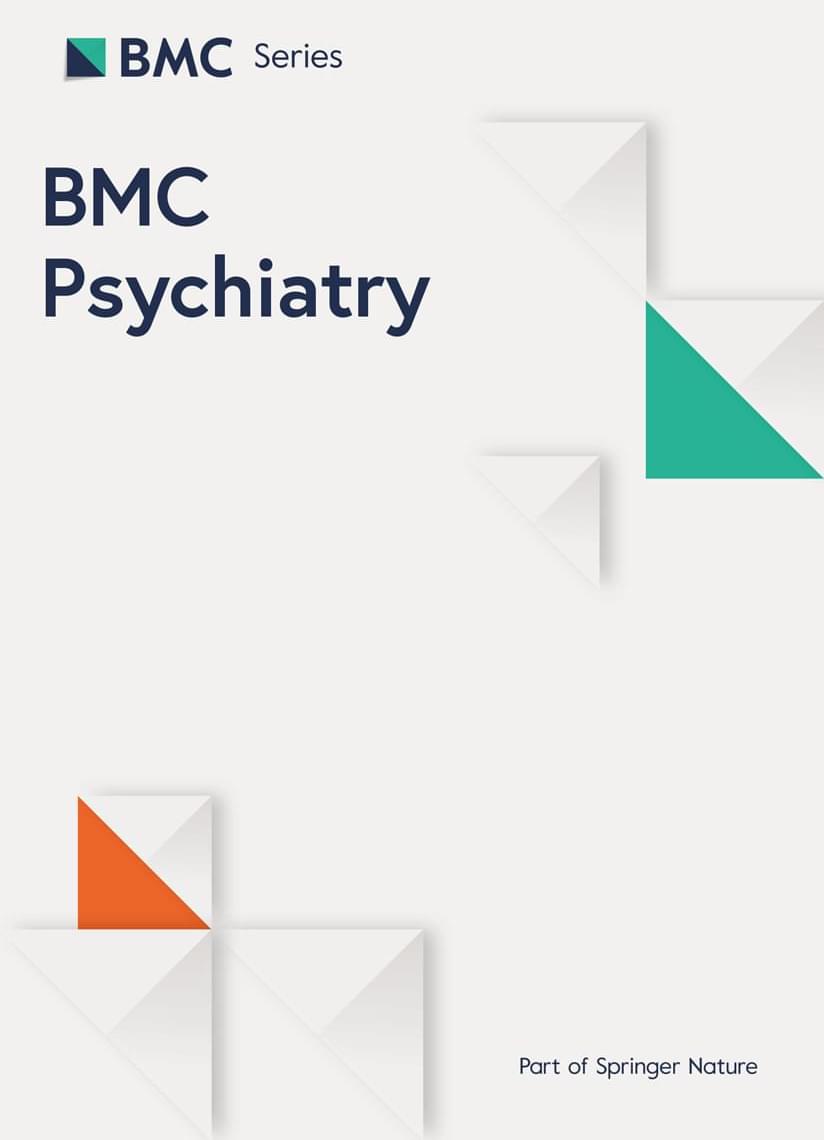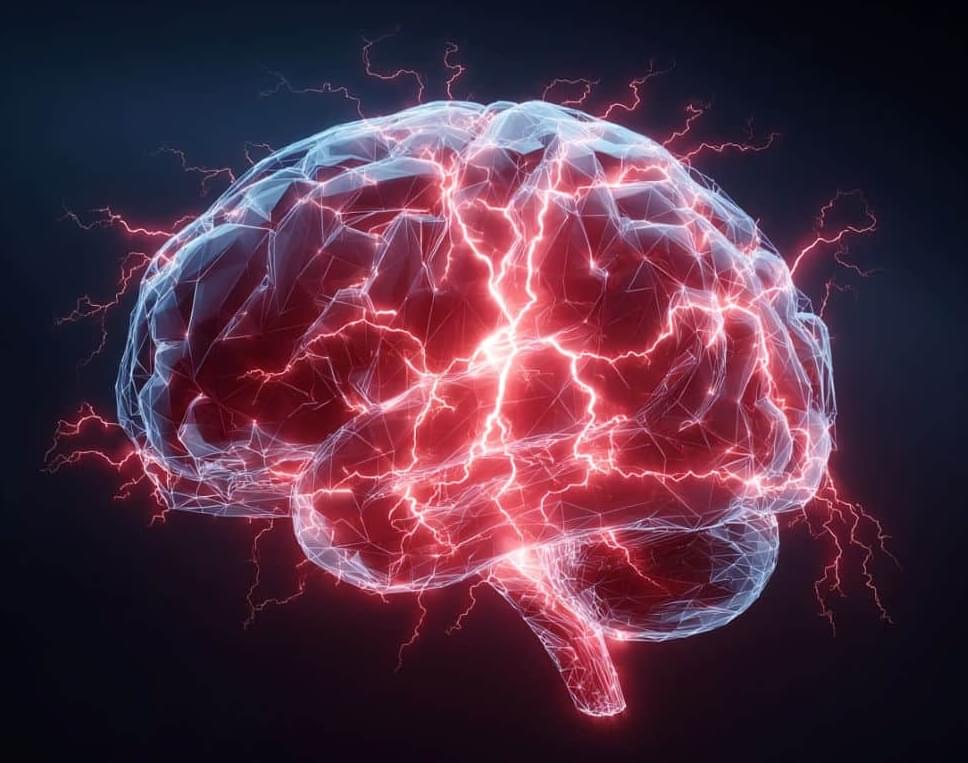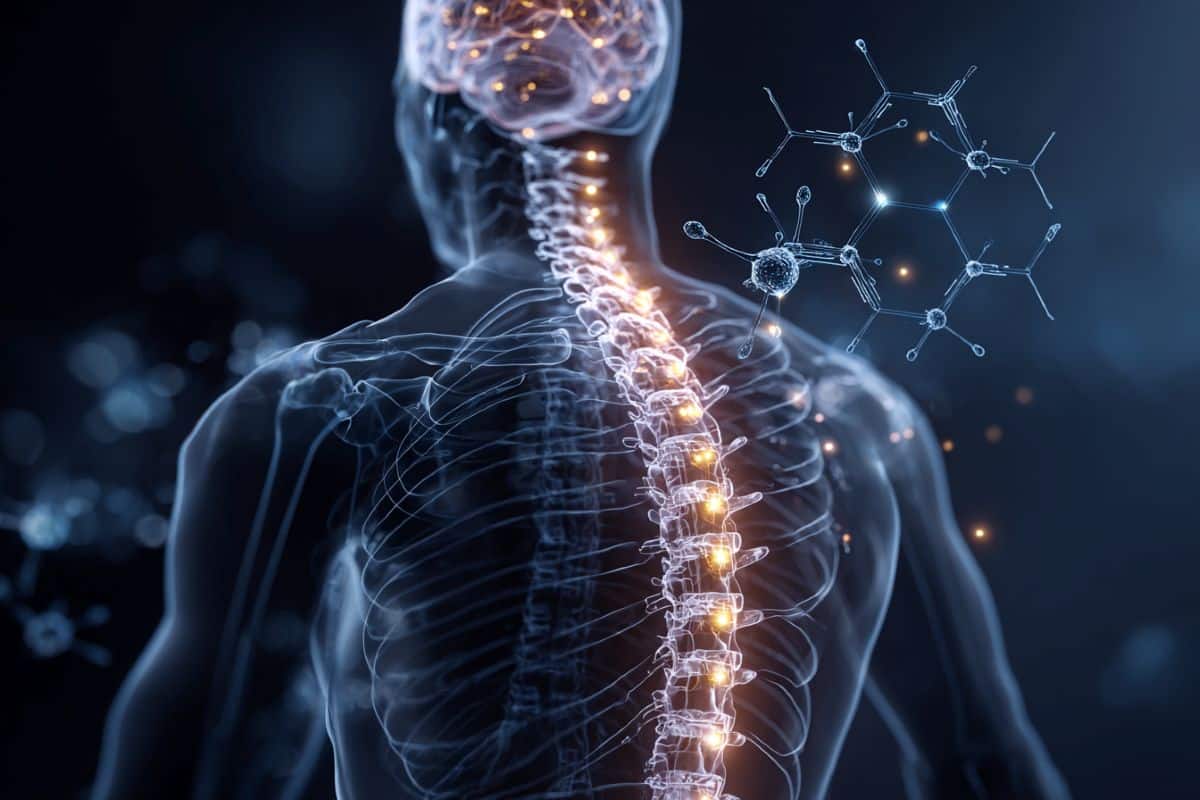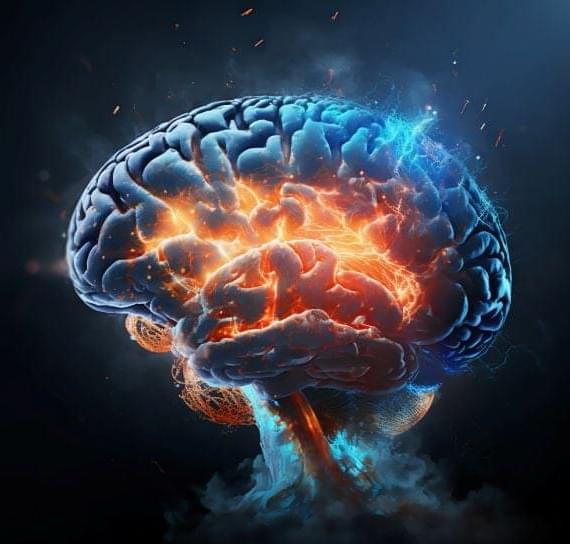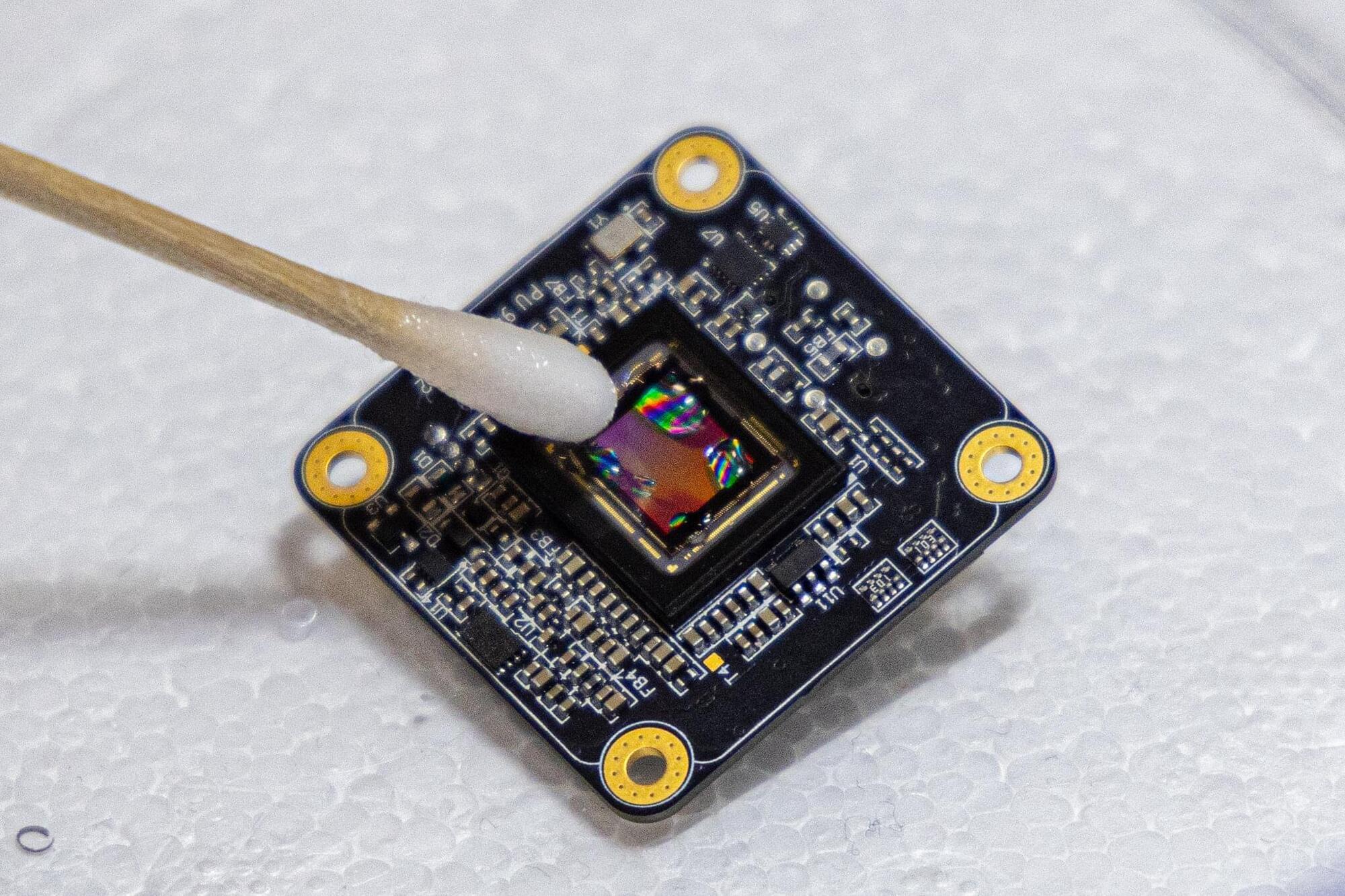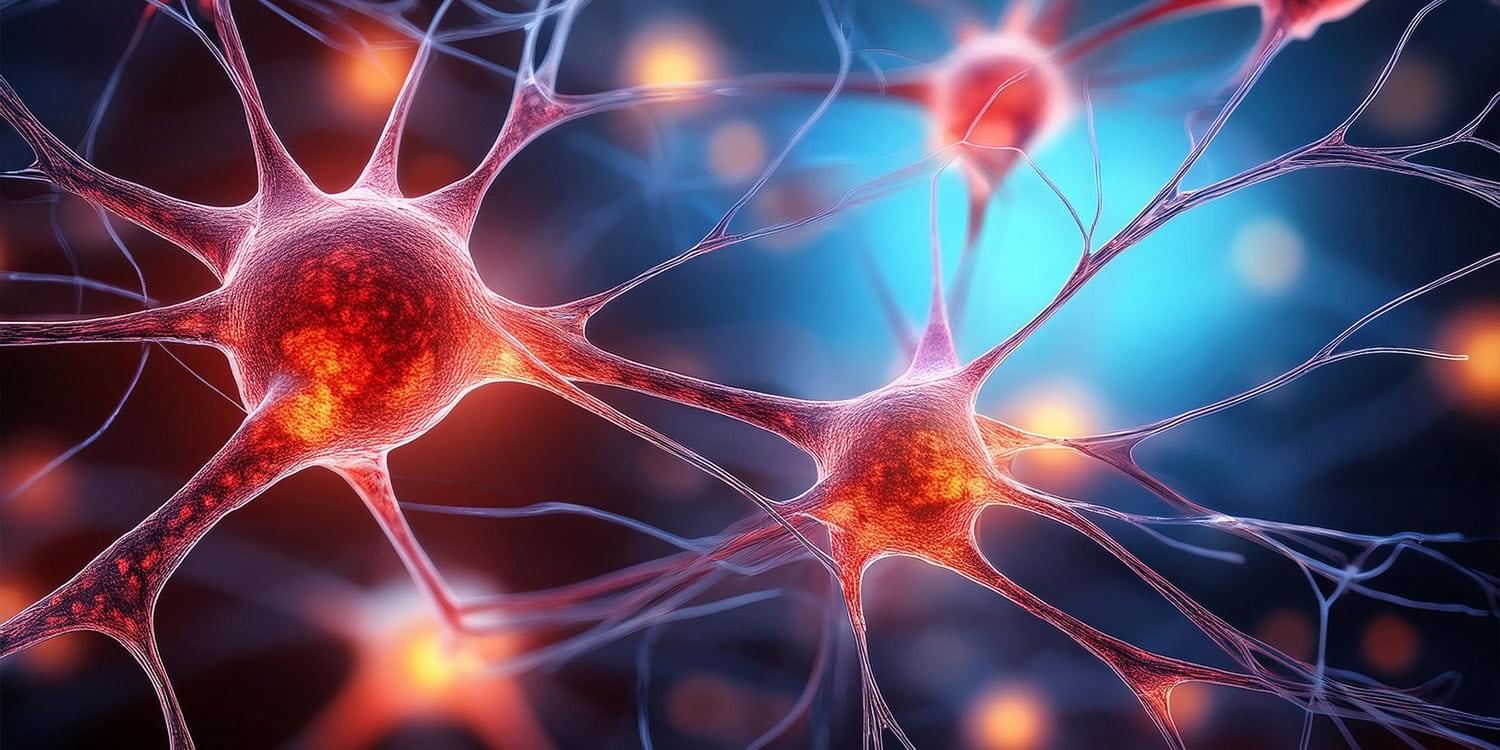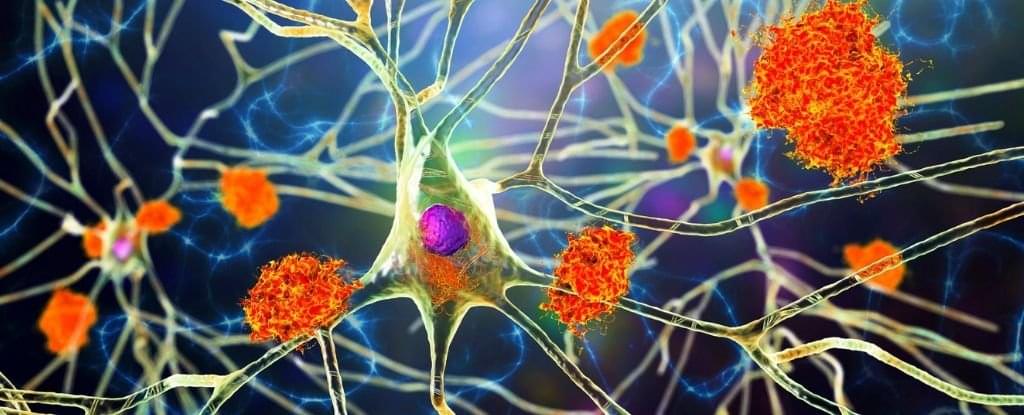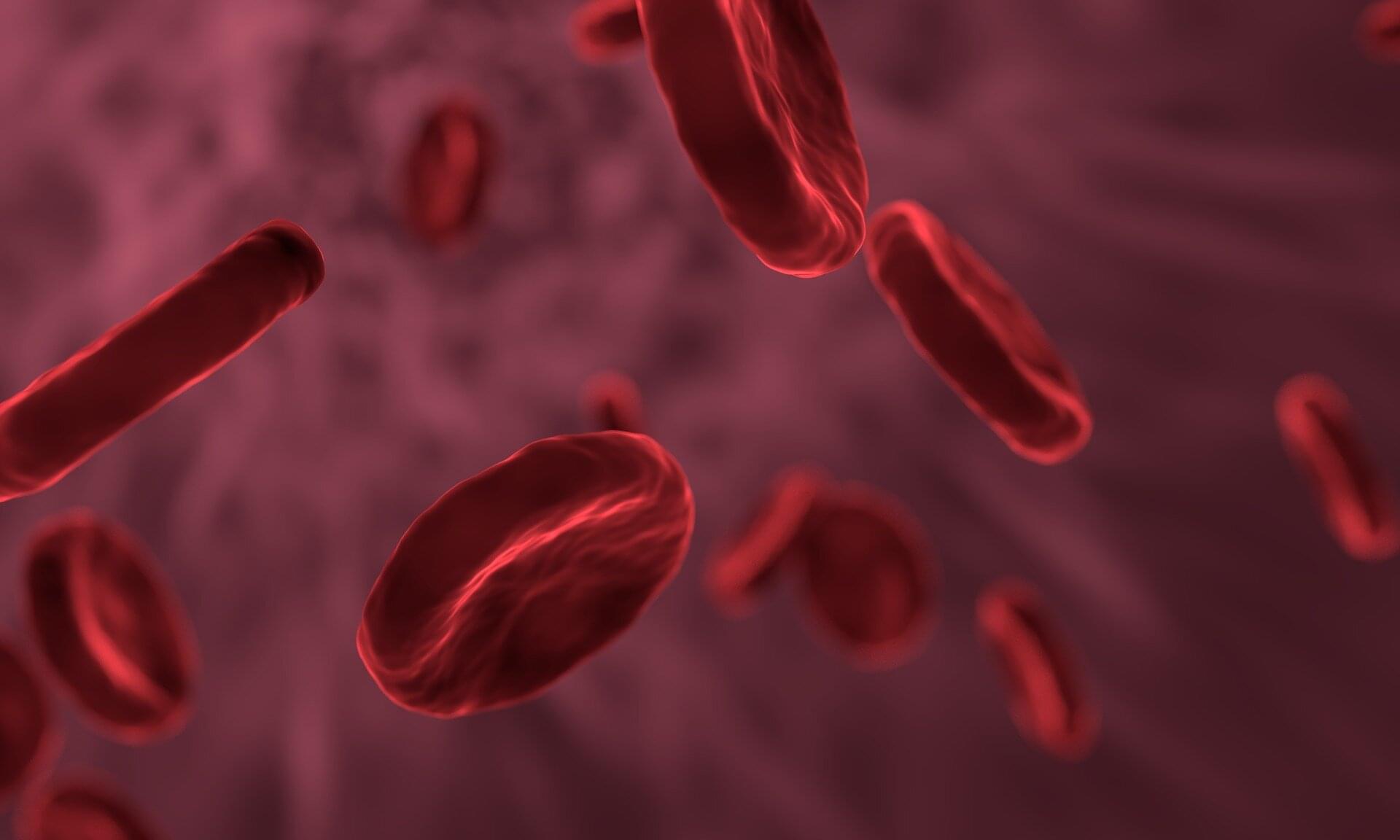You probably think you’re listening to my voice right now. But what if I told you that you’re actually experiencing a sophisticated hallucination?
Perception isn’t the passive process that most of us imagine it to be, with our senses simply recording reality and sending it up to our brains for processing. Instead, our brains are constantly constructing theories about what’s going on around us—and sometimes our brains get reality wrong.
Here to explain this mind-bending way of looking at, well, the mind, is Daniel Yon, an associate professor of cognitive neuroscience and director of the Uncertainty Lab at Birkbeck, University of London. Daniel is also the author of a recent book called A Trick of the Mind: How the Brain Invents Your Reality.
Thank you so much for coming on to chat with us.
Thank you for having me.
So why don’t you start by telling me a little bit about your background and how it led you to write your latest book.
Yeah, so I’m an experimental psychologist and a cognitive neuroscientist, so that means my day job is to try and understand how your mind and brain work and how what happens inside your skull kind of makes the world that you live in.

